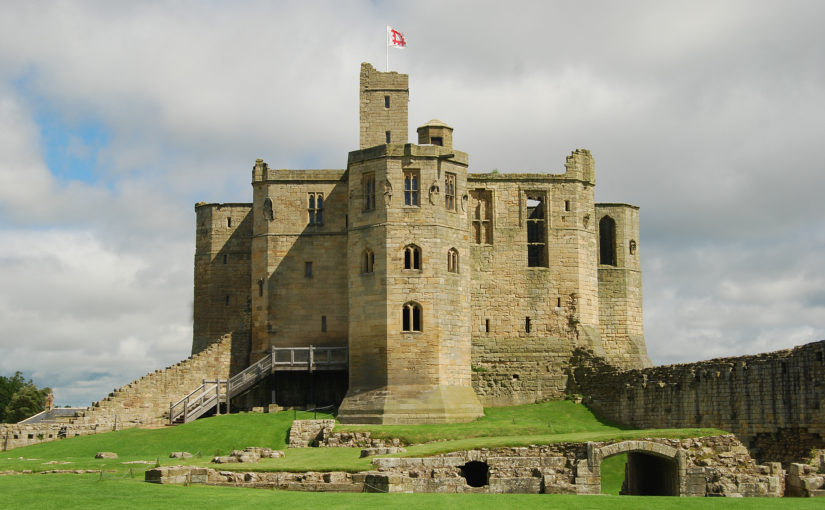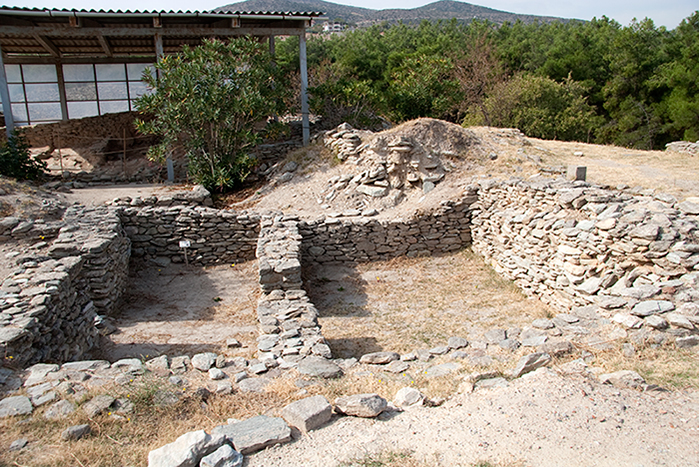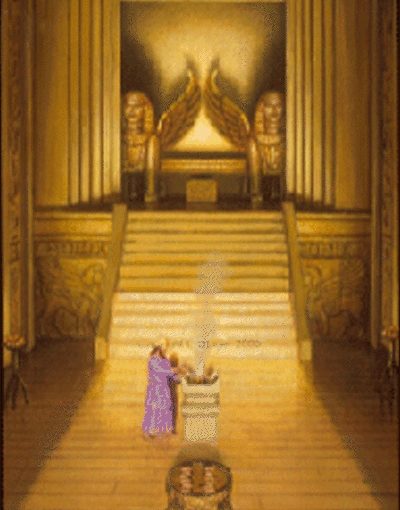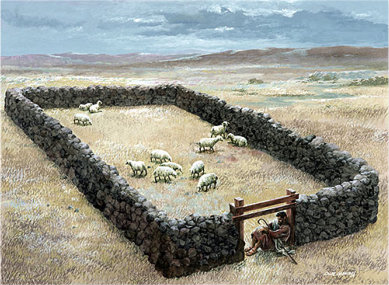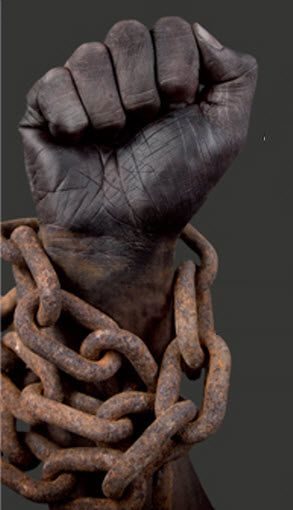The LORD is my rock and my fortress and my deliverer; My God, my strength,
in whom I will trust; my shield and the horn of my salvation, my stronghold.
Psalm 18:2
King David was a man of war, so at times entire armies were out to get him. However, he felt safety and security in the LORD. The many titles above showcase the defensive nature of God to protect and comfort His people. The shepherd-king felt strong, even invincible, knowing the LORD was his stronghold.
During the middle ages, strongholds actually became an offensive weapon with the development of castles. If a nation wished to invade another, they would often build a fortress deep into enemy territory at some strategic crossroad or elevated checkpoint. Since fewer soldiers were needed to defend a stronghold than to attack it, the invaders could build two or three new castles while the enemy was busy with men and material besieging the first. Little by little a nation would be overrun.
Satan builds strongholds of sin in the minds of men and women. Even Christians feel the effect of this evil influence that only becomes stronger the longer it is permitted to remain. The devil has many blueprints of internal fortresses of influence, just to mention a few: fear, anxiety, sexual impurity, addictions, bitterness, and deceit.
Only Christ has power enough to demolish them. “For the weapons of our warfare are not carnal but mighty in God for pulling down strongholds (2 Corinthians 10:4). Believers are given arms and armor to engage in spiritual warfare such as the word of God, faith, the gospel, truth, prayer, and assurance of Salvation. But more importantly than anything else, Christians must feel the comfort and security of their own Strong Tower.
The Lord Jesus Christ Himself is the believer’s fortress and rock in time of trouble. Church and Christian fellowship are certainly helpful but it’s only the Savior that will make the devil flee (James 4:7). “The LORD is good, a stronghold in the day of trouble; And He knows those who trust in Him” (Nahum 1:7).
November 12
